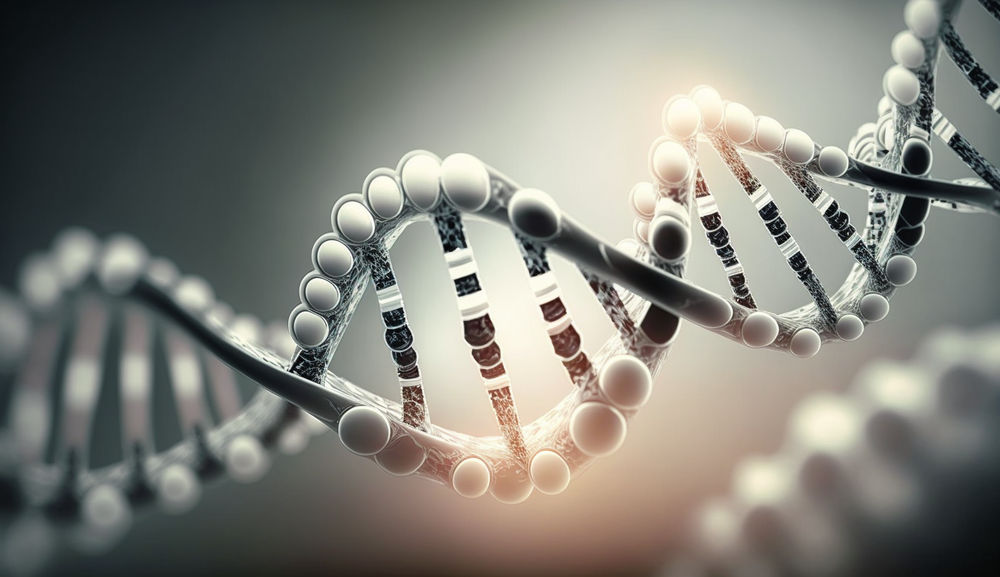Study Offers Clues to Brain's Protective Mechanisms Against Alcoholism
Higher dopamine D2 receptor levels may protect those with family history of addiction
Advertisement
Why do some people with a strong family history of alcoholism develop alcohol dependency while others do not? A new study provides clues that differing brain chemistry may provide part of the answer. Researchers from four scientific institutions and federal agencies working at the U.S. Department of Energy's Brookhaven National Laboratory have found that elevated levels of D2 receptors for dopamine - a chemical "messenger" in the brain's reward circuits - may provide a protective effect for those most at risk for developing alcoholism. The study, part of an ongoing effort to understand the biochemical basis of alcohol abuse, also provides new evidence for a linkage between emotional attributes and brain function. The study appears in the September 2006 issue of the Archives of General psychiatry.
"Higher levels of dopamine D2 receptors may provide protection against alcoholism by triggering the brain circuits involved in inhibiting behavioral responses to the presence of alcohol," said lead author Nora D. Volkow, Director of the National Institute on Drug Abuse (NIDA) and former Associate Laboratory Director for life sciences research at Brookhaven Lab. "This means that treatment strategies for alcoholism that increase dopamine D2 receptors could be beneficial for at-risk individuals."
Earlier Brookhaven Lab studies have demonstrated that increasing dopamine D2 receptors by genetic manipulation decreased alcohol consumption in rats that had been trained or that were genetically predisposed to drink large quantities of alcohol. Another study found that such D2-receptor "gene therapy" reduced drinking in mice with normal to moderately low levels of D2 receptors. The current study adds to the evidence that D2 receptors modulate the motivation to drink alcohol and that increasing these receptors could play a role in the treatment of alcoholism. The D2 receptor is one of five dopamine receptor subtypes.
In this study, researchers compared the number of dopamine D2 receptors in two groups: 16 nonalcoholic individuals with no family history of alcoholism and 15 nonalcoholic individuals who had a positive family history of alcoholism - an alcoholic biological father with early onset of alcoholism and at least two other first or second degree relatives (parent, child, sibling, grandparent, grandchild, cousin, aunt, uncle) with alcoholism. The latter group was at a very high risk of developing alcoholism. The researchers studied high-risk individuals rather than looking at people with drinking disorders because chronic alcohol abuse reduces the number of dopamine receptors, making comparisons difficult. Participants were scanned with positron emission tomography (PET) and were given two radioactive tracers to assess their dopamine D2 receptor levels and brain glucose.
The scans demonstrated high levels of dopamine D2 receptors in the brains of participants with a family history of alcoholism, particularly in their frontal regions - 10 percent higher, on average, than in the brains of those with no family history. These areas of the brain - including the caudate and ventral striatum - are involved in emotional reactions to stress and cognitive control of decisions about drinking.
"This suggests that dopamine D2 receptors in these brain regions protect high-risk individuals from becoming alcoholic," said principal investigator Gene-Jack Wang, who chairs Brookhaven Lab's Medical Department and is clinical head of the PET Imaging Group at the Lab's Center for Translational Neuroimaging. "This protective effect may combine with emotional and environmental factors to compensate for higher inherited vulnerability."
Other news from the department science
Most read news
More news from our other portals
See the theme worlds for related content
Topic world Gene therapy
Genetic diseases once considered untreatable are now at the center of innovative therapeutic approaches. Research and development of gene therapies in biotech and pharma aim to directly correct or replace defective or missing genes to combat disease at the molecular level. This revolutionary approach promises not only to treat symptoms, but to eliminate the cause of the disease itself.

Topic world Gene therapy
Genetic diseases once considered untreatable are now at the center of innovative therapeutic approaches. Research and development of gene therapies in biotech and pharma aim to directly correct or replace defective or missing genes to combat disease at the molecular level. This revolutionary approach promises not only to treat symptoms, but to eliminate the cause of the disease itself.



























































